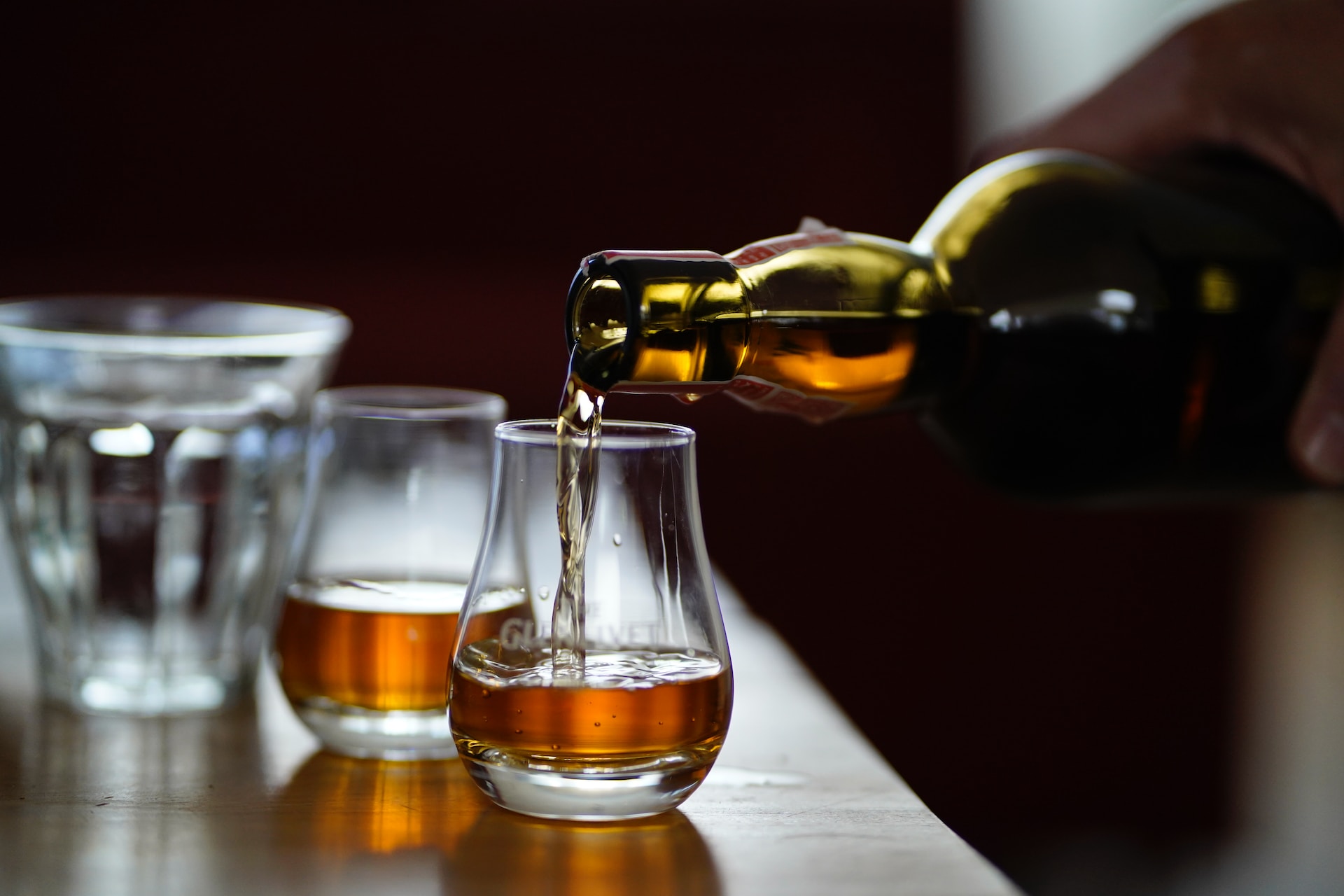Budget delivers duty freeze for Scotch whisky

The Scotch Whisky Association (SWA) has applauded the Chancellor Jeremy Hunt’s decision to extend the alcohol duty freeze until February 2025, stating that a duty rise would have been detrimental to the industry, its supply chain, consumers, and the wider economy amidst ongoing efforts to curb inflation.
The Budget maintains the duty rate on spirits at £31.64 per litre of pure alcohol. Of the £15.63 average price of a bottle of Scotch Whisky, £11.40 is collected in taxation through duty and VAT, resulting in a tax burden of 73%.
While the duty freeze is a positive step, the SWA highlights that Scotch Whisky and spirits remain the highest taxed alcohol category in the UK. The industry calls for long-term action to address the high tax burden on Scotch Whisky, which is taxed at a higher rate per unit of alcohol than wine, beer, and cider, and faces the highest spirits duty rate among G7 nations.
The industry is also unable to access tax breaks available to other sectors through the so-called ‘Brexit Pubs Guarantee’ and small producer relief.

Mark Kent
Commenting on the Spring Budget, chief executive of the SWA Mark Kent, said: “The industry welcomes the Chancellor’s recognition of the benefits of continuing the duty freezes beyond August this year.
“That decision supports the Scotch Whisky industry, will incentivise investment and, as with previous cuts and freezes, boost Treasury revenue.
“With cost pressures hurting our bars and pubs, not to mention hard pressed consumers, the Treasury has provided some much-needed certainty and stability for the year ahead.
Mr Kent continued: “Despite this freeze, Scotch Whisky is still put at a disadvantage by the duty system, based on a fundamental misunderstanding of how people consume alcohol and modern drinking trends.
“With today’s freeze cider is still taxed four times less than a spirit like Scotch Whisky and responsible consumers who enjoy a Scotch are paying too much tax compared with a beer or cider.
“Looking ahead, we will continue to work with the UK Government to ensure that our tax system is supporting the long-term success and prosperity of our iconic homegrown sectors such as Scotch Whisky, so that Scotch and other high-quality spirits are not put at a competitive disadvantage in the UK and other markets around the world.”







